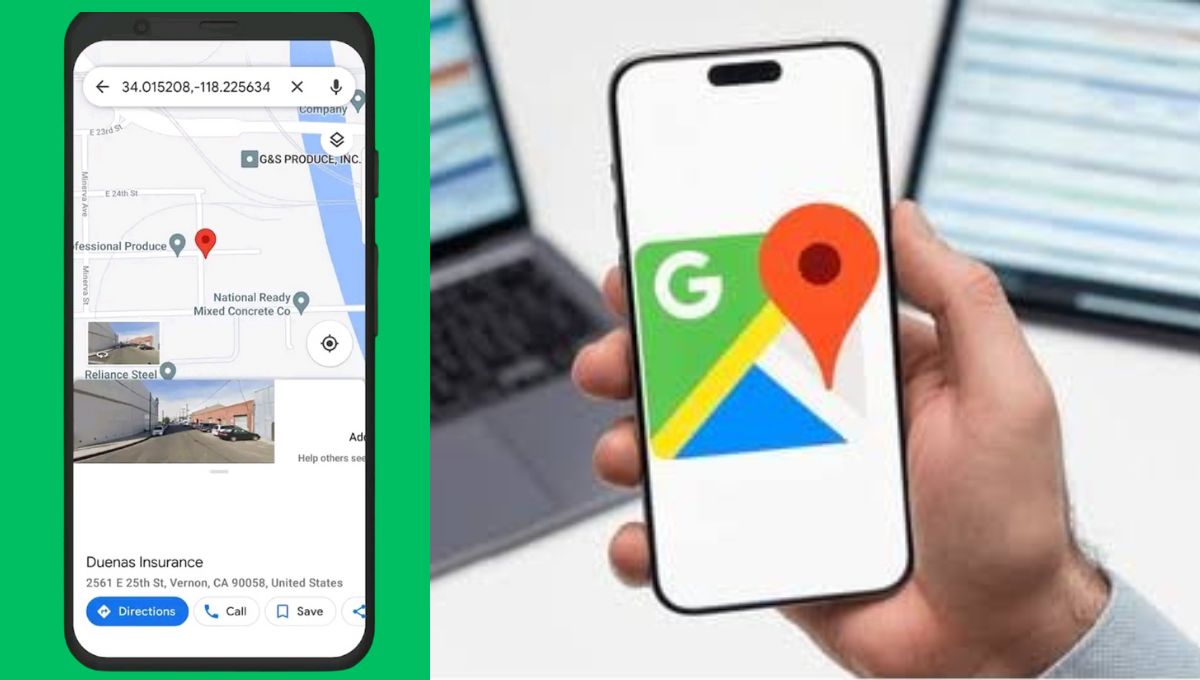In today’s digital age, tracking a location by phone number has become a hot topic. Whether you’re trying to locate a lost phone, ensure a loved one’s safety, or verify the whereabouts of a friend, modern technology offers several ways to achieve this. But how does it work? And what are the legal and ethical considerations? Let’s dive into everything you need to know about finding a location using a phone number.
How Does Phone Number Location Tracking Work?
Location tracking by phone number leverages various technologies:
1. GPS Tracking
Most smartphones come with GPS (Global Positioning System) capabilities. When enabled, this system provides real-time location data that can be shared or accessed using apps.
2. Cell Tower Triangulation
Mobile networks can approximate a phone’s location by measuring its distance from nearby cell towers. While not as precise as GPS, it’s useful for general location tracking.
3. Wi-Fi and IP Address
Phones connected to Wi-Fi networks can be located using the router’s IP address. This method is commonly used in urban areas where GPS signals might be weak.
4. Specialized Tracking Apps
Apps like Find My iPhone, Google Find My Device, and other third-party tools are designed to help users locate their phones. These apps often use a combination of GPS and Wi-Fi signals.
Legal and Ethical Considerations
While it’s tempting to track a location using just a phone number, doing so without permission can have serious legal and ethical implications.
- Legal Restrictions: Most countries have strict privacy laws. Unauthorized tracking is often illegal and punishable by fines or imprisonment.
- Ethical Boundaries: Tracking someone without their consent breaches trust and can lead to personal conflicts. Always ensure you have permission before attempting to locate someone.
Methods to Find Location by Phone Number
If you have the legal right and permission, here are some reliable methods:
1. Built-In Features on Smartphones
- iPhone: Use Find My iPhone. Once enabled, log in to your iCloud account to track the device.
- Android: Use Google Find My Device. This feature is available through your Google account.
2. Family Tracking Apps
Apps like Life360 allow family members to share their locations in real time. These apps are great for keeping everyone connected and safe.
3. Contact Your Service Provider
Mobile service providers can assist in locating a phone in emergencies. However, this often requires proof of ownership or a court order.
4. Third-Party Location Services
There are many websites and apps claiming to track locations by phone numbers. While some are legitimate, many are scams or unreliable. Be cautious and do thorough research before using such services.
Scenarios Where Location Tracking Can Help
1. Lost Phones: Misplaced your phone? Tracking apps or your Google/iCloud account can save the day.
2. Safety Concerns: For parents, keeping tabs on a child’s location ensures their safety.
3. Emergency Situations: In accidents or crises, locating someone quickly can be lifesaving.
Risks and Precautions
Tracking a phone number isn’t foolproof. Here are some risks to consider:
- Privacy Invasion: Misuse of tracking tools can lead to serious privacy violations.
- Scams: Many online services offering location tracking are scams that steal data or money.
- Accuracy Issues: Tools relying on Wi-Fi or cell towers may not provide precise locations.
Tips to Stay Safe
- Use official apps like Find My iPhone or Google Find My Device.
- Avoid sharing your location unnecessarily.
- Enable two-factor authentication on your accounts to prevent unauthorized access.
Final Thoughts
Tracking a location by phone number is a powerful tool when used responsibly. While modern technology makes it easier than ever, it’s crucial to respect privacy laws and ethical considerations. If you’re trying to locate a phone, stick to official apps and methods. Avoid falling for scams and always prioritize consent and trust.
By understanding the process and its implications, you can use location tracking effectively and responsibly.
